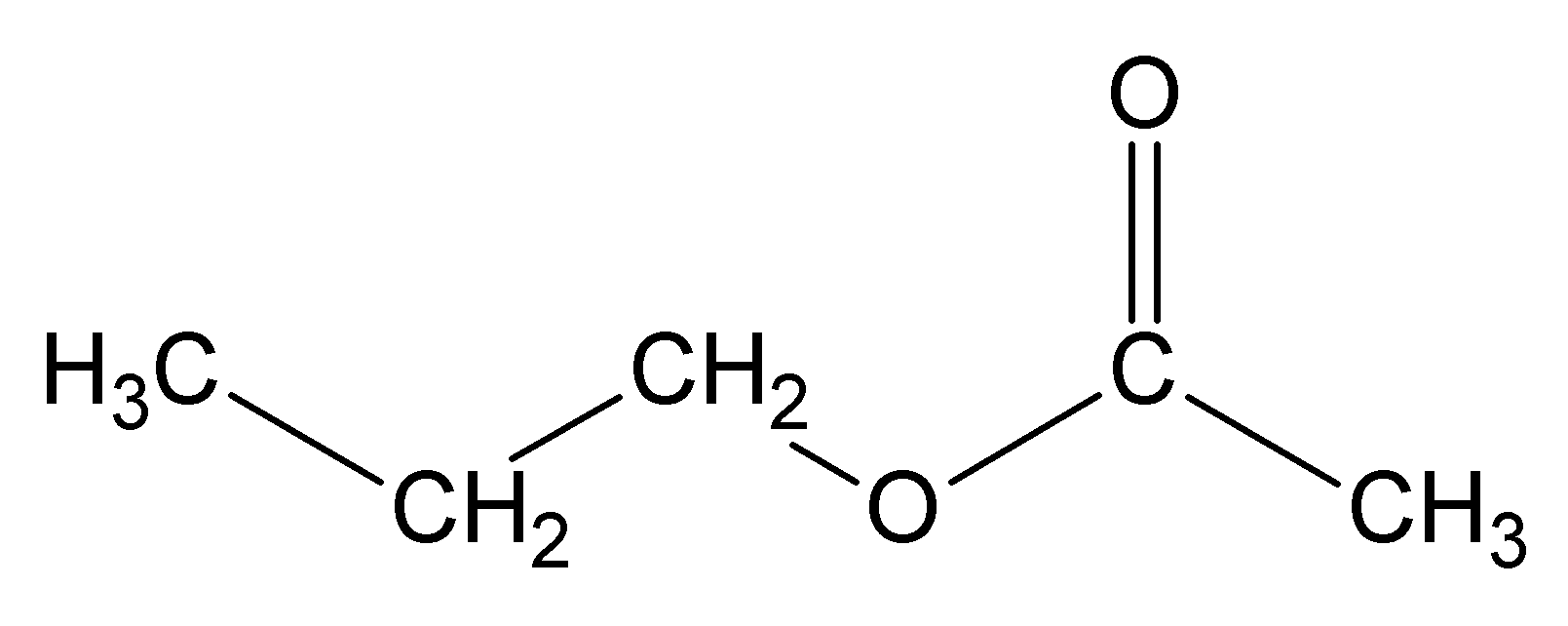Monday, 11 March 2013
Organic Chemistry about Ester
Organic Chemistry in Modern Life
At first glance, the term "organic chemistry" might sound like something removed from everyday life, but this could not be further from the truth. The reality of the role played by organic chemistry in modern existence is summed up in a famous advertising slogan used by E. I. du Pont de Nemours and Company : "Better Things for Better Living Through Chemistry."
Often rendered simply as "Better Living Through Chemistry," the advertising campaign made its debut in 1938, just as du Pont introduced a revolutionary product of organic chemistry: nylon, the creation of a brilliant young chemist named Wallace Carothers (1896-1937). Nylon, an example of a polymer, started a revolution in plastics that was still unfolding three decades later, in 1967. That was the year of the film The Graduate , which included a famous interchange between the character of Benjamin Braddock (Dustin Hoffman) and an adult named Mr. McGuire (Walter Brooke):
- Mr. McGuire: I just want to say one word to you… just one word.
- Benjamin Braddock: Yes, sir.
- Mr. McGuire: Are you listening?
- Benjamin Braddock: Yes, sir, I am.
- Mr. McGuire: Plastics.
The meaning of this interchange was that plastics were the wave of the future, and that an intelligent young man such as Ben should invest his energies in this promising new field. Instead, Ben puts his attention into other things, quite removed from "plastics," and much of the plot revolves around his revolt against what he perceives as the "plastic" (that is, artificial) character of modern life.
In this way, The Graduate spoke for a whole generation that had become ambivalent concerning "better living through chemistry," a phrase that eventually was perceived as ironic in view of concerns about the environment and the many artificial products that make up modern life. Responding to this ambivalence, du Pont dropped the slogan in the late 1970s; yet the reality is that people truly do enjoy "better living through chemistry"—particularly organic chemistry.
Definition of organic chemistry
Organic chemistry is the study of carbon and the study of the chemistry of life. Since not all carbon reactions are organic, another way to look at organic chemistry would be to consider it the study of molecules containing the carbon-hydrogen (C-H) bond and their reactions.
Significance of organic chemistry
Organic chemistry is important because it is the study of life and all of the chemical reactions related to life. Several careers apply an understanding of organic chemistry, such as doctors, veterinarians, dentists, pharmacologists, chemical engineers, and chemists. Organic chemistry plays a part in the development of common household chemicals, foods, plastics, drugs, fuels... really most of the chemicals part of daily life.
Importance of organic Chemist
An organic chemist is a chemist with a college degree in chemistry. Typically this would be a doctorate or master's degree in organic chemistry, though a bachelor's degree in chemistry may be sufficient for some entry level positions. Organic chemists usually conduct research and development in a laboratory setting. Projects that would use organic chemists would include development of a better painkilling drug, formulating a shampoo that would result in silkier hair, making a stain resistant carpet, or finding a non-toxic insect repellent.



Alfa Chemistry employs more than 200 full time staff, of which approximate 80 are Ph.D. and M.S. chemists, specialized in synthetic chemistry, process optimization, and research. Morpholinium ionic liquids
ReplyDelete